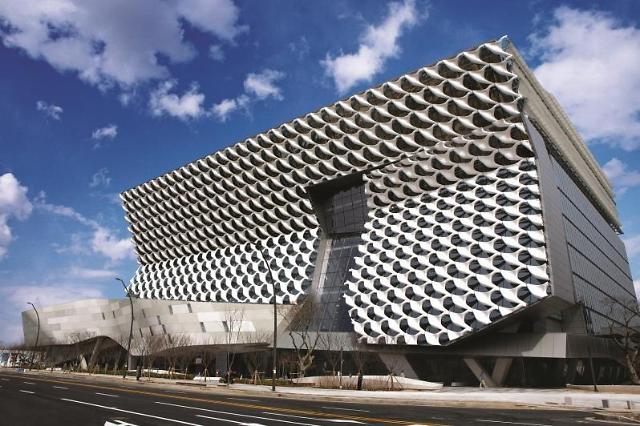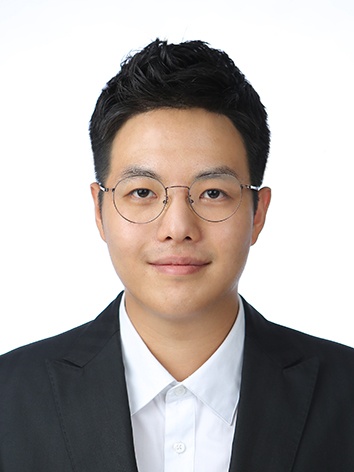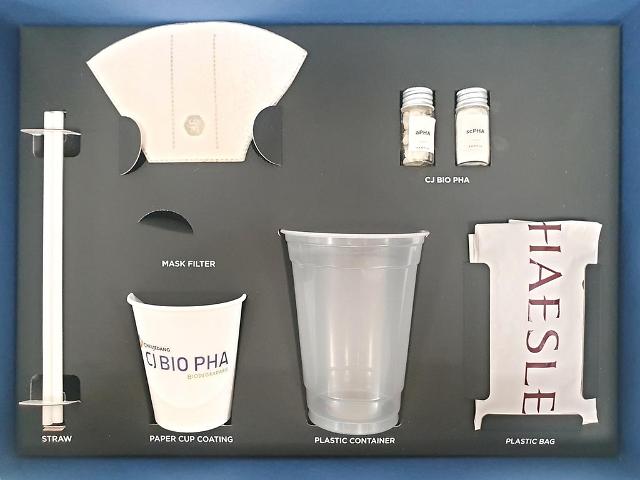
[Courtesy of Kolon Industries]
Polyhydroxyalkanoates (PHAs) are produced by bacteria during the fermentation process of sugar or lipids including fats, oils and waxes to store carbon and energy. They can be used with other monomers to create different types of bioplastics that break down over time. PHAs are 100 percent biodegradable even in seawater.
Kolon Industries said in a statement that the company will work with Paques Biomaterials which has the original technology to produce PHAs from food waste. The project also involves Kolon Global, the construction engineering wing of Kolon Group that will help Kolon Industries to develop mass-production technology using domestic food waste. The two South Korean companies will also establish a food resource facility and PHA production system.
"This cooperation has a big meaning as we will be able to secure both resources and technology for the production of green materials in South Korea," Kolon Industries CEO Kim Young-bum said in a statement on May 23.
Demands for PHA and other types of bioplastics are rapidly increasing thanks to tightened eco-friendly regulations and widespread social awareness of environmental protection. In January 2022, Hyundai Oilbank, a refining unit of South Korea's HD Hyundai, partnered with Danimer Scientific, a biopolymer manufacturer in the United States, to develop degradable plastic products using PHAs.


